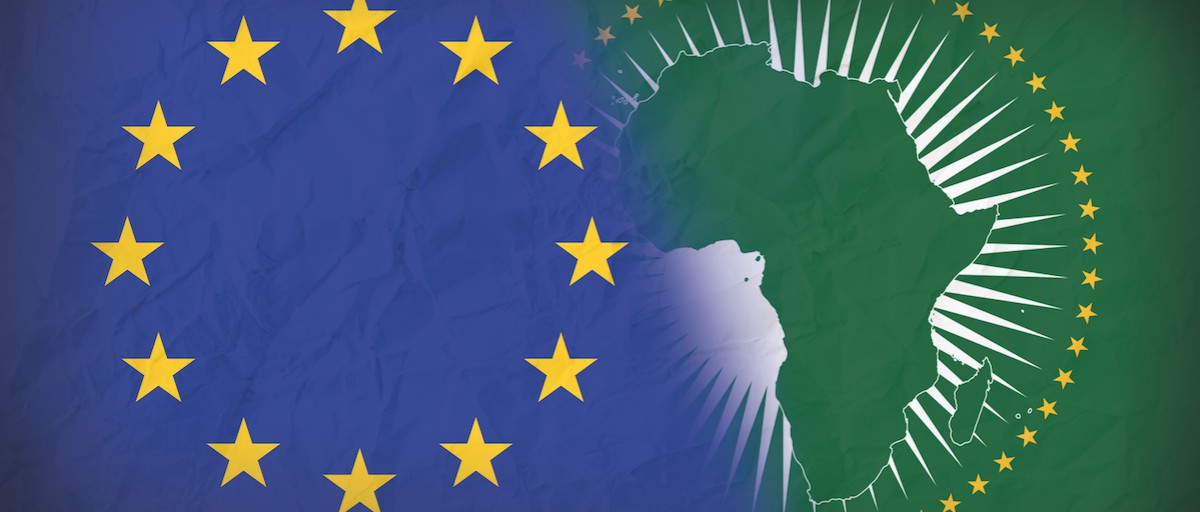BRUSSELS (Parliament Politics Magazine) – After two difficult years marked by claims of “vaccine apartheid” and “discriminatory” travel bans, the African Union and the European union are meeting in Brussels for a two-day summit to restore relations.
A total of 40 African heads of state and government are anticipated to arrive in Brussels to meet with the 27 EU leaders and the presidents of the EU institutions.
The African Union (AU) was founded in 1999 and now includes 55 African countries. Four of these countries are currently in suspension due to military coups:Sudan, Mali, Burkina Faso and Guinea.
In defiance of international condemnation of committed atrocities and human rights abuses during the Tigray War, Abiy Ahmed, the PM of Ethiopia will attend the meeting.
The African Union, like the EU, is administered by a collection of collective entities, including the Pan-African Parliament and the African Union Court of Justice, but it is less politically and economically connected. The African Union, for example, still lacks a common market among its member states.
The joint summit is being viewed as an opportunity to close the book on the previous few years and begin a new chapter to address common concerns such as transition, climate change, economic recovery and energy sustainable development.
Given its geostrategic importance, Brussels is eager to strengthen ties with Africa and move beyond the post-colonial donor-recipient dynamic to forge a partnership of equals for the twenty-first century.
The face-to-face meeting will take place against the backdrop of the Ukraine-Russia border dispute. Before the official EU-AU summit begins, EU leaders, some of whom have recently met with Russian President Vladimir Putin in an attempt to defuse tensions, will hold an informal conversation on the matter.
The coronavirus epidemic and vaccination inequity will be high on the agenda. According to the European Commission, the EU has contributed more than 145 million doses of vaccine to African countries and hopes to reach 450 million by the summer.
Despite frequent pleadings from their African counterparts, EU officials are poised to deny proposals for patent waivers, arguing that easing IP limits would assure widespread access to the vaccine.
The current disparity is staggering: over 12% of Africans are fully vaccinated against COVID-19, compared to 81 percent of EU citizens.
The best path forward, according to Brussels, is to expand logistical support and exchange expertise to assist African countries in establishing local manufacturing facilities and producing vaccines created in Africa. This idea isn’t new; EU officials have been touting it since at least May 2021, when South African President Cyril Ramaphosa delivered a stinging rebuke to the West.
When a group of South African scientists discovered the highly transmissible Omicron strain in late November, relations between the two countries deteriorated.
The EU, the United Kingdom, and the United States retaliated with immediate travel bans against South Africa and its neighbours, which Ramaphosa denounced as discriminatory and detrimental. Omicron quickly became the most common COVID version on the planet, demonstrating the futility of travel limitations.






